The TALIS-PISA report published in 2017 describes the role of schools, deans, professors, and students in learning Mathematics in OECD member countries. Mexico’s results made evident that professor training is a variable associated with student learning in this subject. That is a finding that reinforced the need to improve the quality of professional and continuous training programs for teachers.
Remarkably, empirical studies reported over the last two decades showed that, to a certain extent, the difficulty of learning mathematics is mainly associated with the limitations in teaching and the pedagogy that instructors use.
In the international educational field, teachers’ training is an issue that is part of the public policy agenda aimed at improving teaching-learning processes. Policies aim to raise the quality of education.
In Latin America, precisely 10 years ago, entities such as UNESCO and the OECD pointed out the need to empower professors, which implies that they receive better professional training to be appropriately qualified. Therefore, the educational systems implement actions to strengthen the tasks associated with teachers work, among them: a) extending the years of training; b) change the study programs; c) change the place and time for professional practice; d) update the knowledge and competencies of active teachers, and e) increase the external control of the professional practice.
According to García and Martín (2012), the preparation of professors is defined around academic expectations so the professor can develop skills, that in turn, can be transmitted to their students. However, in our country, teachers’ working conditions have changed more than educational content. It should be mentioned that training, conceived as a process, implies –among other issues– that this should be perpetuated throughout the teaching career and not as an isolated episode. It is also necessary to consider social, cultural, theoretical, and practical aspects. In essence, to develop skills in the field of teaching, continuous training is necessary, as it is in any other professional field.
Regarding academic achievement in mathematics at the high school level, Baja California’s results in the PLANEA standardized test are not very encouraging, with almost half of the students presenting insufficient learning. This reveals an inability to identify, apply, synthesize, and mathematically evaluate their environment, and for making use of their creativity as well as logical and critical thinking, or for the solution of quantitative problems.
In particular, there is concern that training in technological high schools is insufficient for students to develop basic mathematical skills, which are essential for succeeding in science and technology.
In conclusion, issues of effectiveness in the teaching of Mathematics invites us to review and discuss the literature around the required teacher competences, as well as their own educational and training processes to facilitate this imperatively instrumental subject.
Let us not forget that in the 21st century, the mission and challenges that teachers confront, involves leaving behind the traditional role of being transmitters of information, to serve as guides and facilitators. Also, to become agile mediators between the conceptual, procedural, and attitudinal knowledge they possess, and the educational needs of the students. Consequently, it is imperative and urgent to empower the teaching ranks through rigorous and continuous training processes.
* Author: Dr. Karla María Díaz López, a Full-time professor and researcher, and coordinator of the postgraduate program in Education at CETYS University International Campus in Ensenada. Level 1 Member of the National Research System, CONACYT.

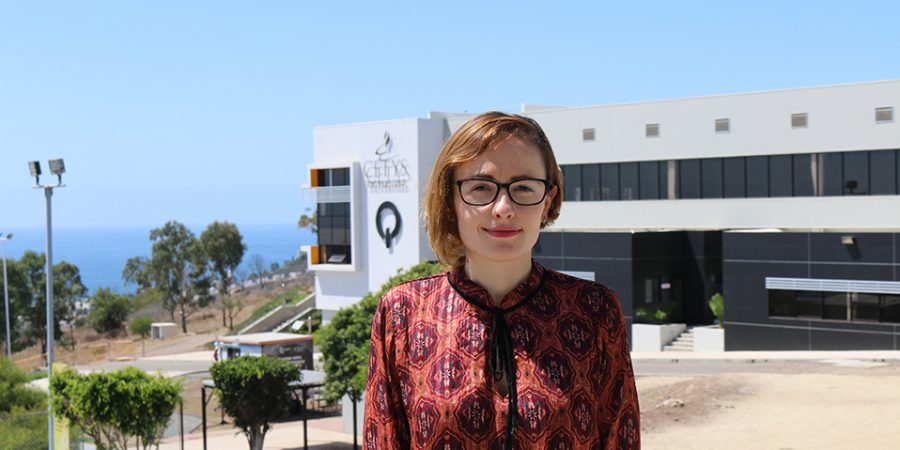

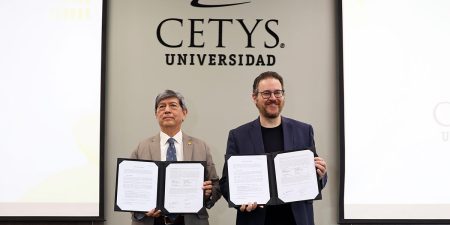
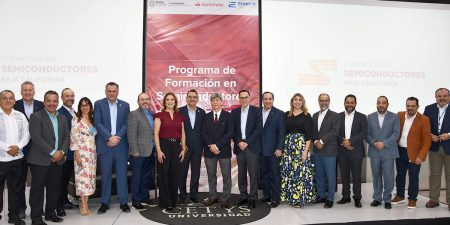
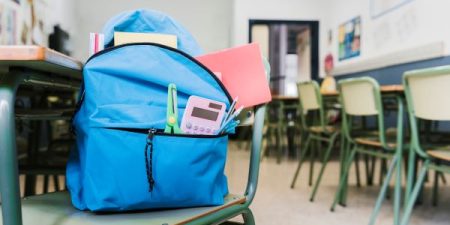
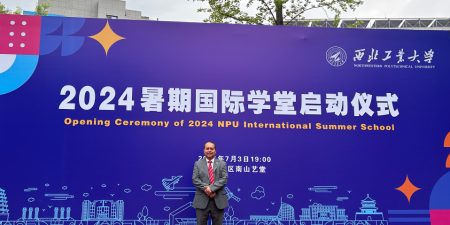
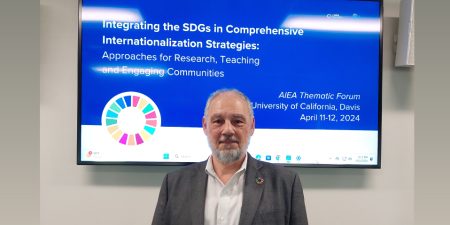

Leave your comment